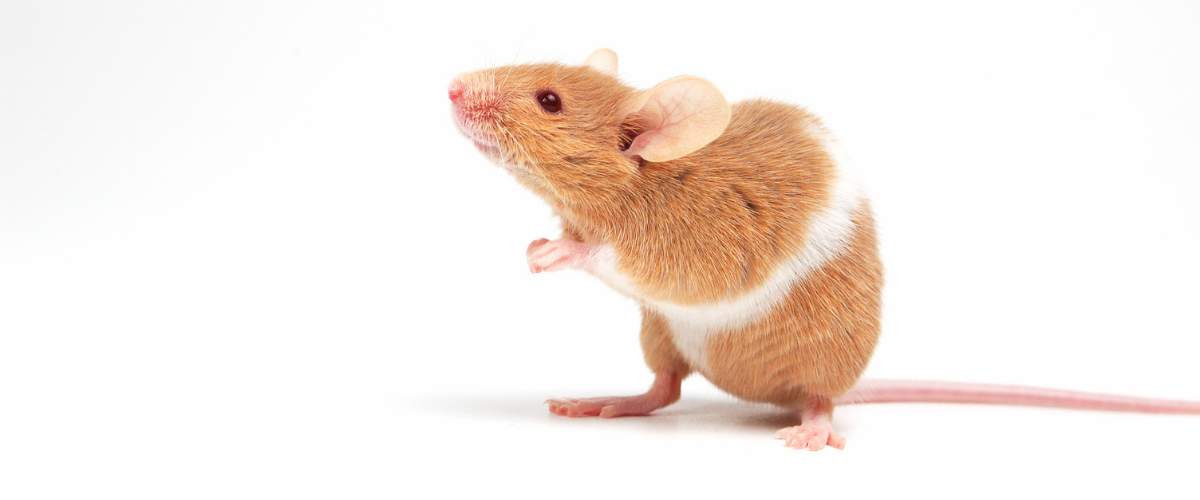Brain Blast | The Roots of Resilience
The latest news on the brain and beyond.
When the going gets tough, how do the tough keep going? The answer is resilience. At a time when most of us are facing greater challenges and stress than ever before, the ability to overcome adversity is vital. Researchers recently identified what they believe to be the source of stress resilience in the brain. See what they discovered and delve into more groundbreaking neuroscience studies.
How sleep disruptions impact health
Noise-cancelling headphones and room-darkening blinds may be worth the investment. Why? Scientists have found that sleep interruptions caused by issues like noise and light pollution can increase the risk of death from cardiovascular disease. In particular, they found that the risk of death from cardiovascular disease was 12.8% for elderly women who frequently awoke during sleep. This is nearly twice the risk (6.7%) faced by the general population of elderly women.
How mindfulness benefits children
Welcome to Camp Mindfulness! As part of a study by Florida Atlantic University, children at a day camp participated in an eight-week mindfulness program, which included a total of 40 minutes of mindfulness exercises per week. The children were shown how to use mindful breathing techniques and other mindfulness aids like “calm jars”. After the eight weeks, the camp counselors noted that the children were better able to understand and manage their emotions.
How imaginary sounds originate
Researchers created a game in which mice and human subjects were taught to take a specific action when they heard a particular sound amid background noise. While listening for that particular sound, both sets of subjects became more likely to respond to sounds that didn’t exist. The research team found that subjects experienced an increase in dopamine in the striatum area of the brain right before hearing these false sounds. These findings may inform new treatments for schizophrenia and other conditions characterized by hallucinations.
How the brain responds to stress
A team at the University of Zurich studied stress resilience in medical students. The researchers focused on the locus coeruleus-norepinephrine (LC-NE) system, an area of the brain that’s involved in regulating our stress response. In this study, the more active a medical student’s LC-NE system was, the less resilient they were to stress and the more prone they were to anxiety and depression. This objective measure may be incorporated into neurofeedback training and other interventions designed to improve stress resilience.
How scientists monitor the mouse mind
Imagine a microscope so small it could be strapped to the head of a mouse. Researchers have made it a reality. The mini-MScope is a device that allows researchers to monitor the brain activity of mice while they’re in motion. It has enabled scientists to examine how different parts of the mouse brain work together to complete complex functions. Data from the mini-MScope could potentially provide researchers a better understanding of conditions like autism and Alzheimer’s disease in humans.
How autism develops in girls and boys
Using fMRI to monitor brain activity in children, University of Virginia researchers made surprising discoveries about autism spectrum disorder (ASD). In social situations, girls with ASD used different areas of their brains than their counterparts without ASD. The brain activity of girls with ASD also varied from that of boys with ASD. Furthermore, the research team found key genetic differences in early brain development between boys and girls with ASD.
How to make your mind more resilient
While you may not be able to stop stressful events from happening, you can control how you respond to them. By playing the Versus Stress Exercises for as little as an hour a week, you can learn how to achieve peace of mind and prevent stress from overwhelming you. The Versus Exercises are a simple way to build your stress resilience in good times and bad.









